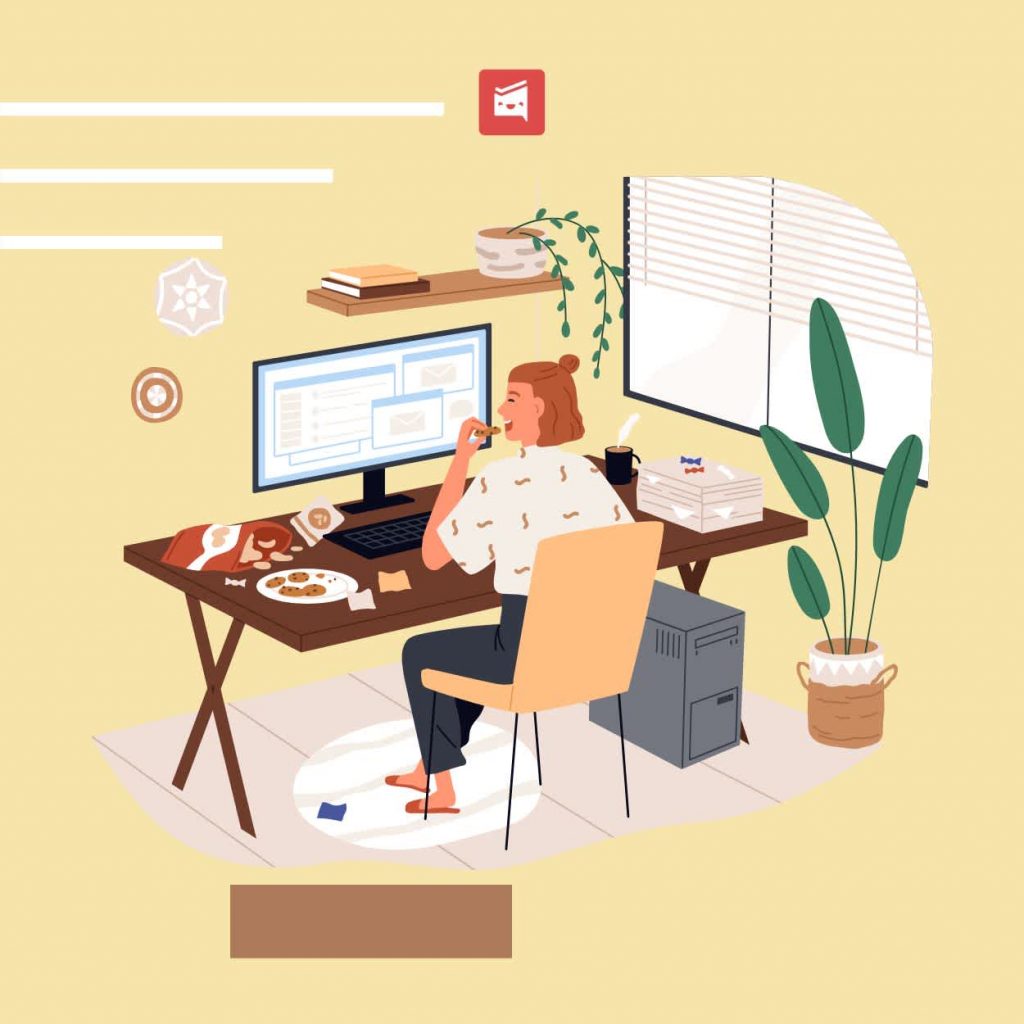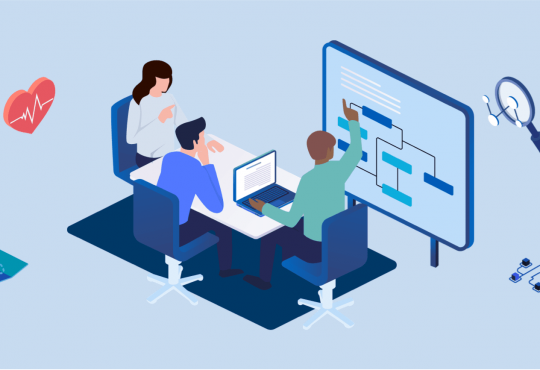
Taking on a second job rarely happens for fun. Most people pursue extra work out of necessity—whether to meet financial goals, gain new skills, or pivot into a different career path. Managing multiple jobs can be tough, testing both your mental stamina and physical endurance. With the right approach, though, it’s possible to balance two roles successfully. Here’s how to do it while protecting your well-being.
The Upside of Holding Two Jobs
While it’s demanding, working multiple jobs has tangible benefits:
Boosted Income: Extra pay can help you tackle debt, save for big goals, or simply make day-to-day living more comfortable.
Increased Security: Relying on one source of income can feel risky. A second job can provide a safety net and greater financial stability.
Expanded Skill Set: Juggling different roles lets you gain diverse experiences, learn new skills, and grow your professional network faster than sticking to just one job.

Is It Worth It?
The answer depends on your circumstances. If your main goal is to earn more, or if your current job offers no growth, a second role can be worthwhile. However, the trade-offs include reduced free time, higher stress, and a greater risk of burnout. Success requires thoughtful planning, boundaries, and self-awareness.
Should You Tell Your Employers?
This depends on your contracts and company policies. As long as your second job doesn’t conflict with your primary responsibilities or create a competitive issue, most employers won’t have a problem. Transparency can help you establish boundaries—like saying no to extra shifts—while maintaining trust.
10 Practical Tips for Managing Two Jobs
1. Keep Schedules Separate
Avoid cognitive overload by dedicating specific times to each job. Clear boundaries prevent multitasking chaos and protect your focus. Planning and open communication with supervisors ensures you deliver quality work in both roles.
2. Sharpen Your Time Management Skills
Punctuality and task completion are crucial. If time management isn’t your strong suit, leverage planners, reminders, to-do lists, and timers. Breaking tasks into manageable chunks helps you stay on track.
3. Set Firm Boundaries
Working two jobs means saying no to last-minute extra shifts and after-hours requests. Protecting your mental and emotional health is essential—overextending yourself benefits no one.
4. Get Organized
An organized workspace and clear task lists prevent wasted time and reduce stress. When everything has its place, you can work more efficiently, avoid errors, and finish on time without feeling drained.
5. Prioritize Self-Care
Your mind and body need fuel and rest. Eat balanced meals, stay hydrated, exercise, and take breaks. Skipping self-care may seem manageable short-term, but it will catch up to you quickly.
6. Safeguard Your Primary Job
Ensure your first job doesn’t suffer. Maintain productivity, meet deadlines, and honor your employment terms. Avoid working for competitors to prevent conflicts of interest.
7. Reserve a Day for Yourself
Schedule at least one full day per week to rest, run errands, or tend to personal matters. Even one day off can significantly improve focus, energy, and overall well-being.
8. Use Free Time Mindfully
Avoid losing your limited downtime to endless scrolling or passive distractions. Engage in exercise, hobbies, social activities, or reading—things that recharge your energy instead of draining it.
9. Set Goals
Define clear objectives, whether it’s learning a skill, earning a target amount, or completing a project. Goals provide motivation and direction, helping you decide when to scale back or shift focus.
10. Practice Mindfulness
Stay present in each task. Focusing fully on one job at a time reduces stress, improves performance, and prevents your mind from wandering or catastrophizing. Mindfulness keeps both your work and well-being on track.
Balancing two jobs is challenging but achievable. With careful planning, solid boundaries, and attention to your energy and focus, you can gain financial security, expand your skills, and protect your health—without losing your mind.





